Pointing out new requirements and demands for teachers in the era of artificial intelligence, Associate Professor Dr. Vo Van Minh - Principal of the University of Education (University of Danang) also shared the necessary changes for the pedagogical school to have the output of teachers who are good at expertise, professionalism and ready to adapt to the digital education environment.
The changing role of teachers
- In your opinion, in the era of artificial intelligence (AI), how will the role of teachers change?
- In the AI era, the role of teachers changes a lot, but it does not decrease but becomes even more important and delicate.
First, teachers will shift from being transmitters of knowledge to guides and companions. As AI becomes capable of providing information, explaining concepts, and even supporting personalized learning, teachers will no longer be the sole source of knowledge. Instead, teachers will help students effectively exploit AI tools, guiding them in how to access and evaluate information properly.
Second, the role of the person who inspires and develops soft skills becomes prominent. AI may be good at providing knowledge, but teachers are the ones who inspire creative thinking, teamwork skills, problem-solving ability, and especially moral qualities and personality. These are factors that machines can hardly replace.
Third, teachers are the ones who design creative learning environments and experiences. With the help of AI, teaching can be personalized according to each student's ability and learning speed. Teachers will design diverse learning activities, combining technology to increase interactivity, creativity and efficiency.
Fourth, teachers need to master technology and continuously learn. In the AI era, teachers must not only be good at their subject matter but also know how to apply technological tools to improve the quality of teaching. This requires teachers to always innovate, be creative and be ready to adapt to advanced educational trends.
Ultimately, teachers are still the ones who connect and spread human values. No matter how much technology develops, the teacher-student relationship, the teacher's care, sharing and understanding are still the decisive factors in shaping the personality and awakening the potential of each student.
- With such changes, what qualities and abilities do teachers need to meet the new requirements, sir?
- To fulfill the new role in the AI era, teachers need to be equipped with a comprehensive system of qualities and capabilities, both deep in expertise, solid in technology, and sophisticated in pedagogical skills and human values.
In terms of qualities: Innovative and creative thinking; lifelong learning spirit; high adaptability; enthusiasm and responsibility; humanity and professional ethics...
Regarding professional and technological capacity: Deep professional capacity; ability to apply technology and AI; ability to design creative learning environments; data analysis skills...
Regarding pedagogical capacity and learner development: Ability to guide and advise; inspiration skills; Assessment and feedback capacity; Ability to personalize education...
Soft skills: Communication and listening skills; teamwork and cooperation skills; critical thinking and problem solving...
Thus, teachers in the AI era are very versatile and need to be nurtured and developed with the above qualities and abilities so that teachers can meet the requirements of educational innovation.
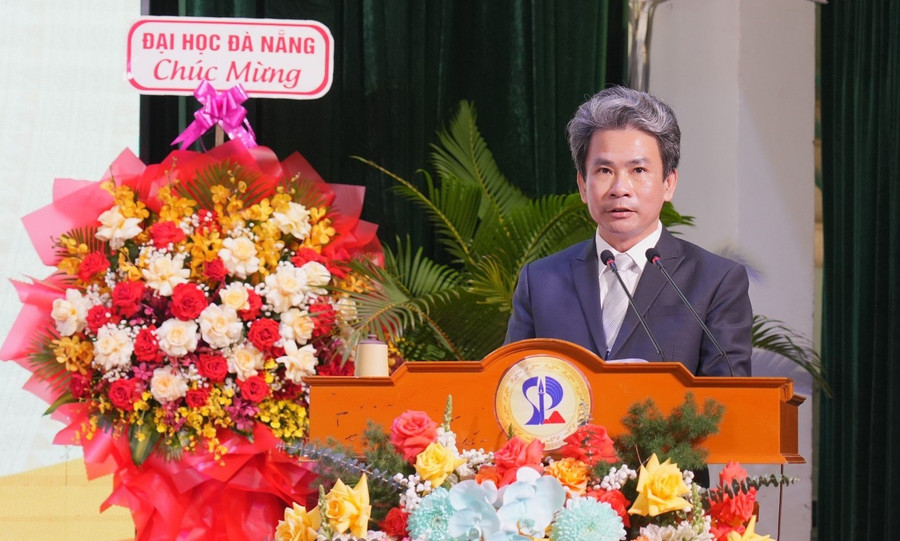
Comprehensive change
- So how must teacher training schools change so that their output products meet the requirements and demands in the new context?
- To train a team of teachers with qualities and capacities suitable for the digital age, pedagogical universities need to make comprehensive changes, from educational philosophy, training programs to teaching methods, assessment methods and learning environment.
Regarding the philosophy and goals of teacher training, it is necessary to shift from training knowledge transmitters to instructors, organizers and inspirations for learning; building a model of a “digital” teacher: with innovative thinking, technological skills, creativity, lifelong learning ability and integration spirit.
Regarding the training program, it is necessary to increase the number of courses on educational technology, artificial intelligence (AI), big data, digital transformation, online teaching skills and virtual classroom management. Include subjects in the program to help teachers develop digital skills such as: Designing electronic learning materials, applying technology in teaching, analyzing learning data; combining courses to train soft skills (adaptability, creativity, critical thinking, teamwork and communication in a multicultural environment).
Regarding teaching and assessment methods, it is necessary to apply blended learning, flipped classroom and personalized learning models; use AI to analyze learning data, detect learners' strengths and weaknesses, thereby personalizing the training path. Replace traditional testing methods with practical competency assessment through projects, learning products, and technology-based tests.
The team of lecturers and teacher training experts need to be regularly trained to help lecturers master new technology, modern teaching methods, and skills in using digital tools in teaching and management; encourage lecturers to participate in international exchange programs and learn from experiences from advanced teacher training models.
Regarding the practical, realistic, and digitalized environment, it is necessary to establish virtual pedagogical laboratories, smart classrooms, and professional online classroom systems; build high-quality pedagogical practice schools with advanced teaching models, helping pedagogical students to be trained in a modern technological environment.
Regarding cooperation and connection with stakeholders, it is necessary to connect with high schools to build training programs close to reality, helping pedagogical students adapt quickly to the working environment; cooperate with technology corporations to develop training programs on technology application in education.
Regarding the digital learning ecosystem, it is necessary to build an online learning platform, digital library, open learning resource warehouse and AI teaching support tools; create a flexible learning environment, helping students access resources anytime, anywhere and develop proactive learning capacity.
With this change, pedagogical universities will become places to train teachers who are not only good at their expertise and profession, but also proficient in technology, creative and ready to adapt to the digital education environment, contributing to the successful implementation of educational innovation.
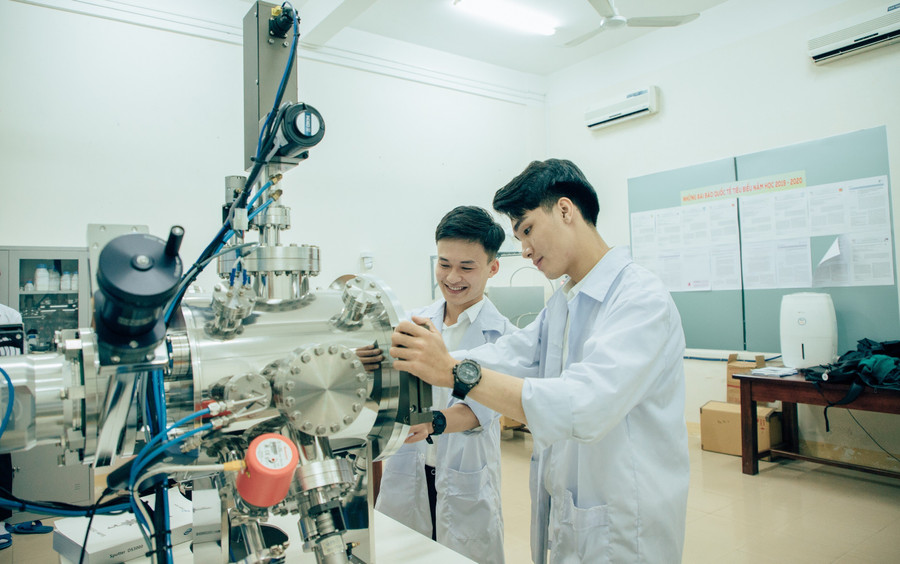
Close coordination, synchronous support
- In the journey of transformation and innovation in teacher training, in addition to the efforts of the teacher training school, what other conditions do you think are needed?
- In addition to the self-efforts of pedagogical universities, the journey of innovating teacher training in the digital age requires close coordination and synchronous support from many sides.
Firstly, with support policies and mechanisms from the State, it is necessary to perfect policies for developing the teaching staff such as attracting talented people to pedagogy, improving remuneration, and creating motivation for teachers to develop their expertise and digital skills. Support pedagogical schools to invest in technology infrastructure, smart classrooms, virtual pedagogical laboratories, and build a digital ecosystem to serve teaching. Issue teacher competency standards in the digital age as a basis for pedagogical schools to build training programs that meet new requirements.
Second, the participation of high schools - where the output products are used - needs to create conditions for pedagogical students to practice in a digital teaching environment, helping them quickly adapt to new technology and teaching methods. Schools also need to participate in giving feedback so that teacher training programs are closely aligned with practical needs and educational innovation trends.
Third, support from technology organizations and businesses. Provide software, teaching tools, learning management systems (LMS), artificial intelligence (AI) and digital solutions for training. Coordinate the organization of digital skills training courses, educational technology for lecturers and pedagogical students. Develop digital education models, technology solutions applied in teaching and educational management.
Fourth, international cooperation creates opportunities for lecturers and students to participate in international exchange programs and learn from advanced educational experiences. Develop bilingual teacher training programs and train teachers to teach in English to meet the trend of educational integration. Participate in open learning resource networks and international digital libraries to access new knowledge and technology.
Fifth, the community and parents need to change their awareness and join in supporting schools in building a digital educational environment, creating conditions for students to access technology, develop creative thinking, participate in monitoring and feedback, and give comments on training programs and teaching quality so that schools can adjust and improve teacher training activities.
Thank you!
In the AI era, teachers are educators, instructors, creators, and inspirers. This is an opportunity but also a challenge, requiring each teacher to constantly innovate and develop. - Associate Professor, Dr. Vo Van Minh - Principal of the University of Education (University of Danang)
Source: https://giaoducthoidai.vn/dao-tao-giao-vien-nhung-yeu-cau-trong-ky-nguyen-moi-post739476.html



![[Photo] National Assembly Chairman Tran Thanh Man meets with First Secretary and President of Cuba Miguel Diaz-Canel Bermudez](https://vphoto.vietnam.vn/thumb/1200x675/vietnam/resource/IMAGE/2025/9/2/c6a0120a426e415b897096f1112fac5a)
![[Photo] Ho Chi Minh City residents show their affection to celebrate the 80th anniversary of the August Revolution and National Day September 2](https://vphoto.vietnam.vn/thumb/1200x675/vietnam/resource/IMAGE/2025/9/3/55d860cbb63a40808e1e74ad9289b132)
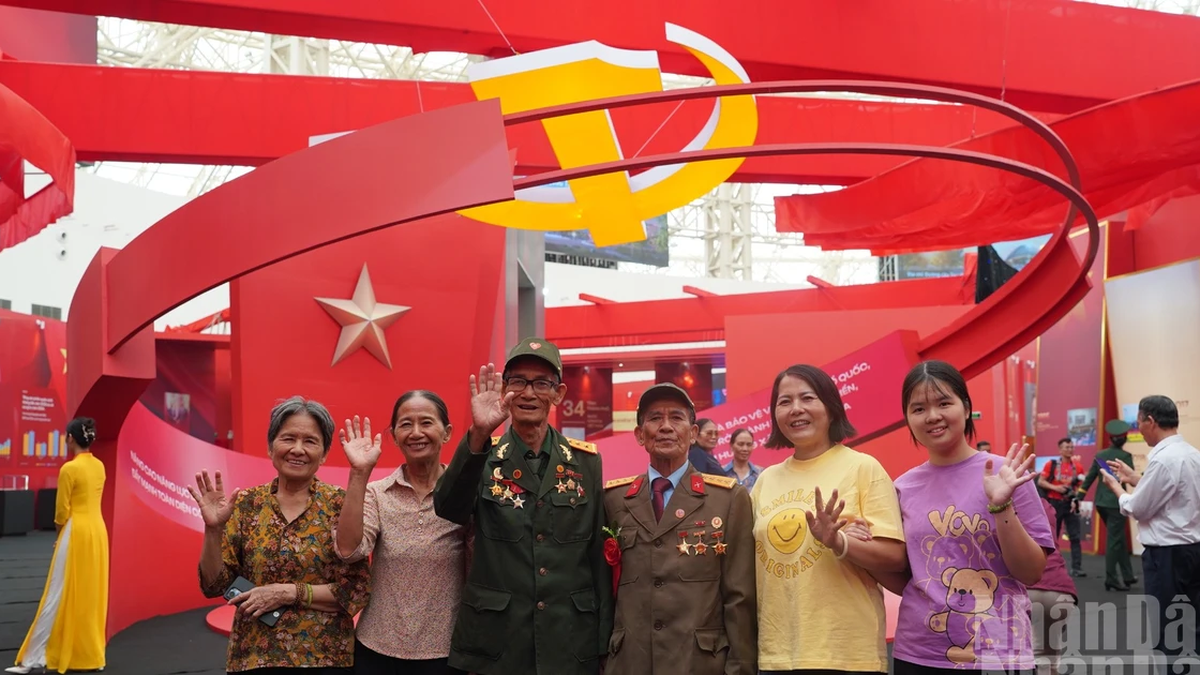
![[Photo] Special art program "Da Nang - Connecting the future"](https://vphoto.vietnam.vn/thumb/1200x675/vietnam/resource/IMAGE/2025/9/2/efdd7e7142fd45fabc2b751d238f2f08)
![[Photo] Lao President Thongloun Sisoulith and President of the Cambodian People's Party and President of the Cambodian Senate Hun Sen visit the 95th Anniversary Exhibition of the Party Flag Lighting the Way](https://vphoto.vietnam.vn/thumb/1200x675/vietnam/resource/IMAGE/2025/9/2/3c1a640aa3c3495db1654d937d1471c8)
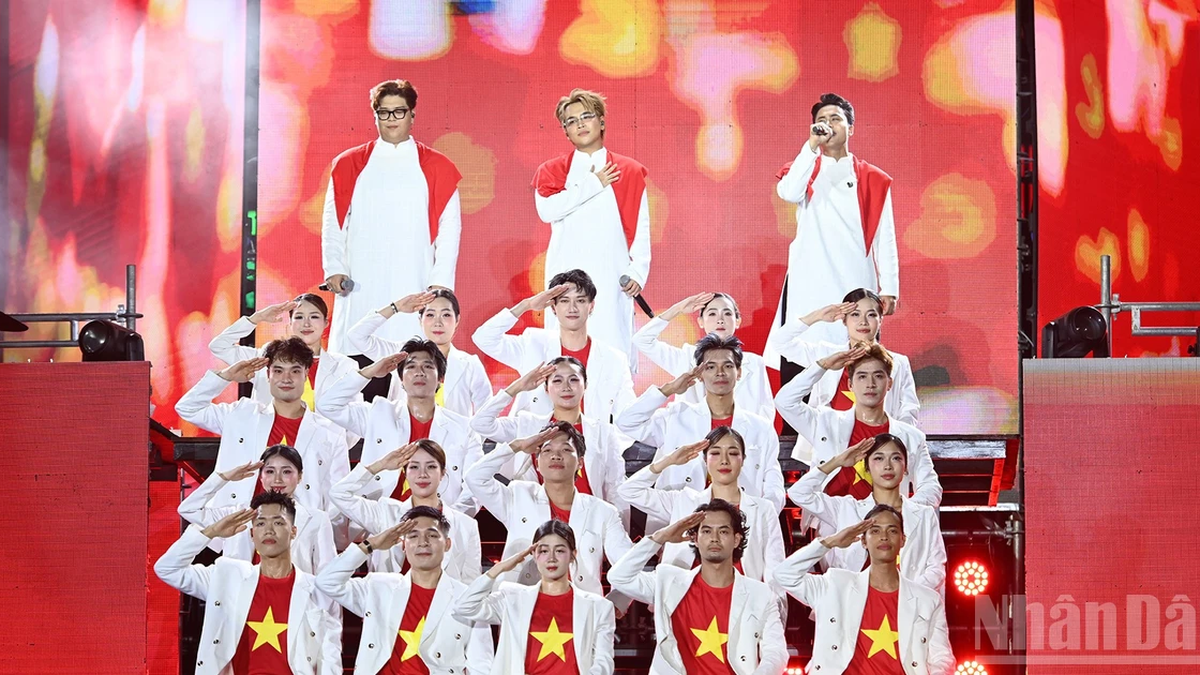
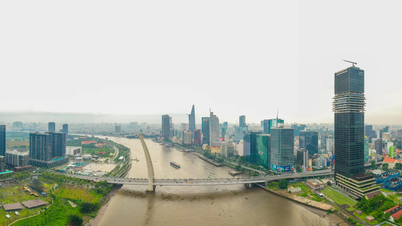





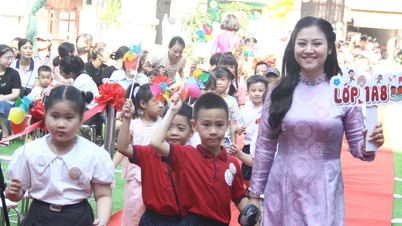
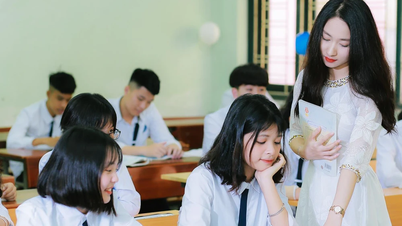

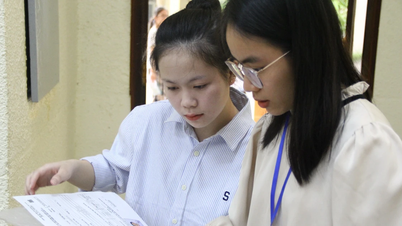
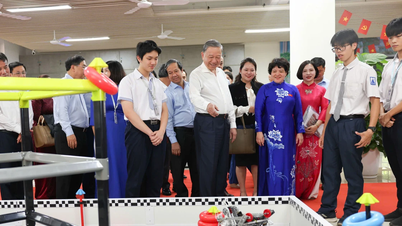
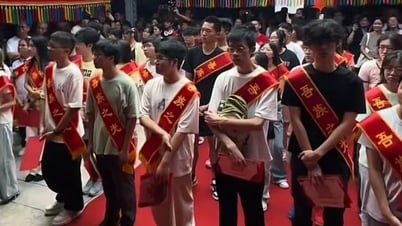


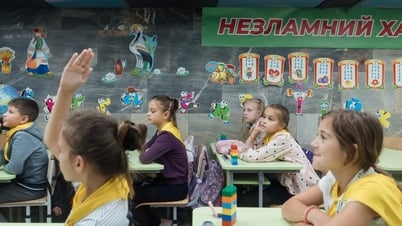



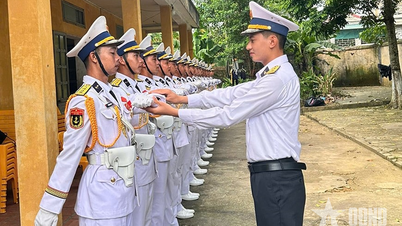


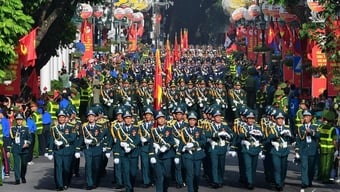


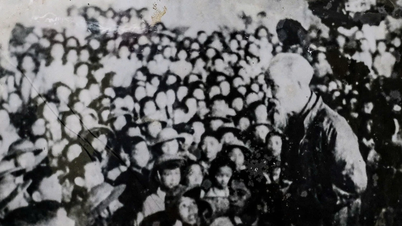
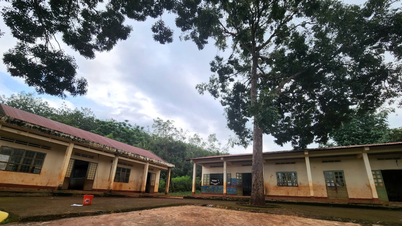

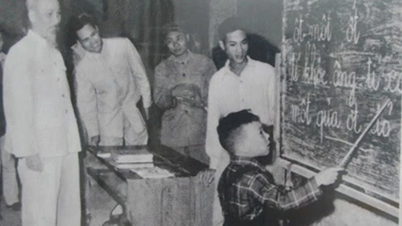
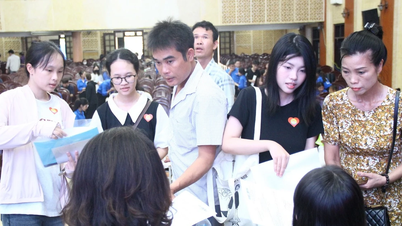
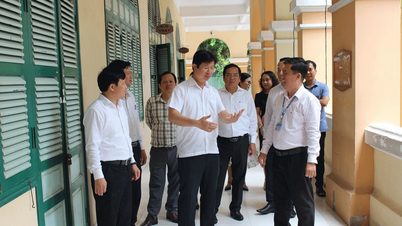








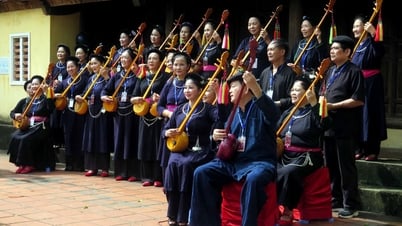

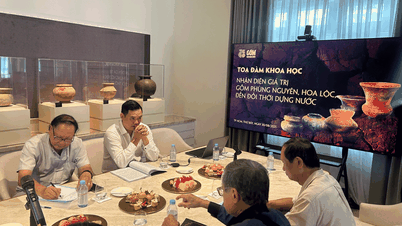

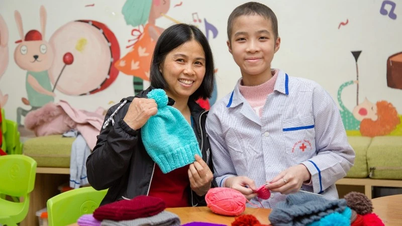
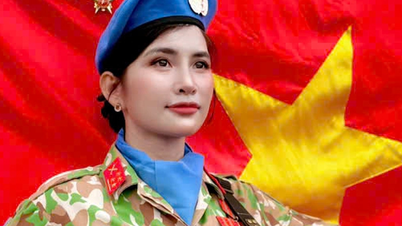
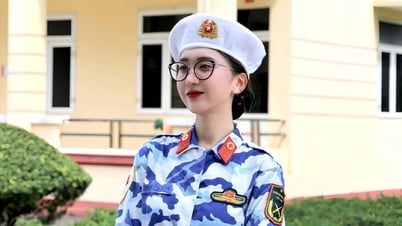
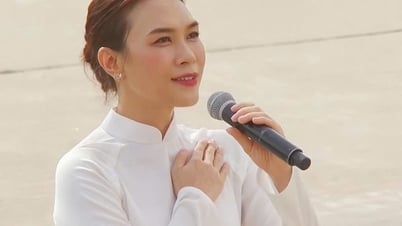


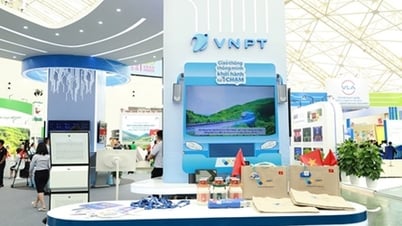







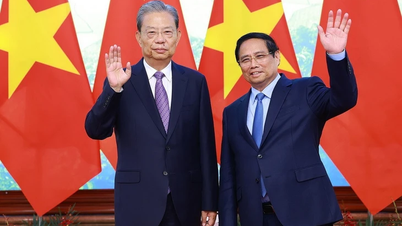
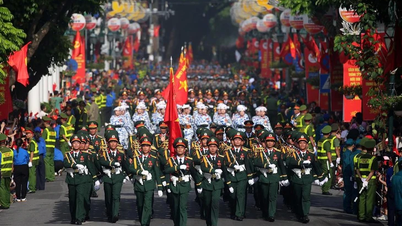

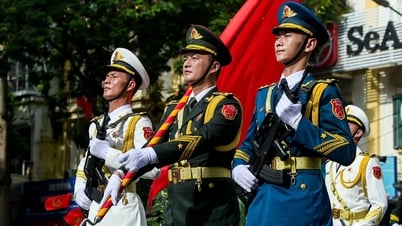
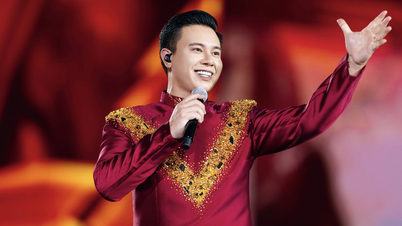



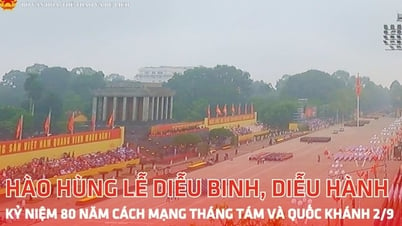



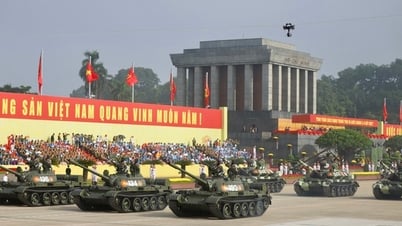
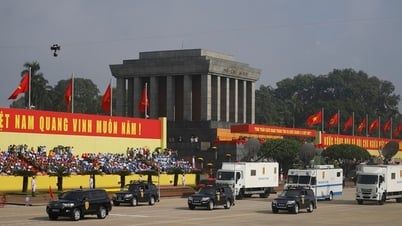





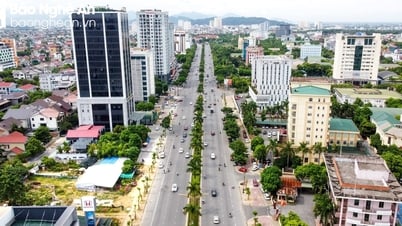





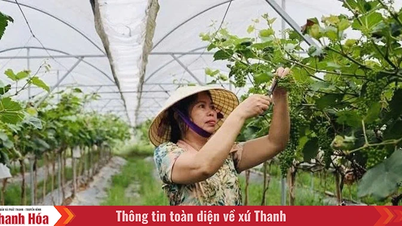



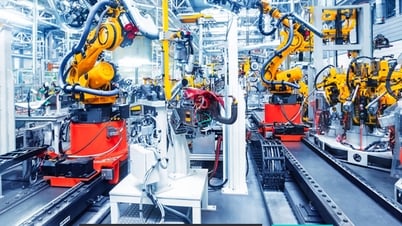

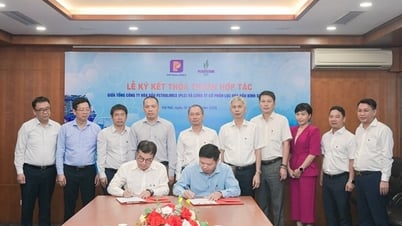

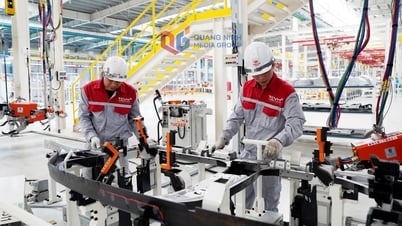





Comment (0)